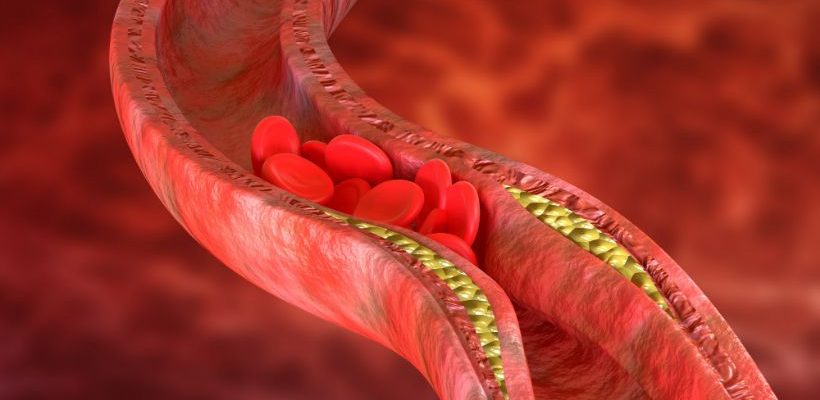
Recent studies have shown that borderline patients with high levels of triglyceride can lower triglycerides with a change in lifestyle and a change in diet. Yes, you heard it right!
Triglycerides are a form of fat in the bloodstream that can rise if someone is overweight, inactive, a smoker, consumes too much alcohol or eats a diet high in carbohydrates. Are you wondering why and how to lower triglycerides naturally? Well, lowering triglycerides naturally can help reduce the risk of heart disease and improve overall health. And as for how to lower it, keep reading as we are going to tell you about the best way to lower triglycerides.
Understanding the Levels of Triglycerides
What is a normal triglyceride number and how to lower triglycerides? Now that you know what are, let us understand this as well. Experts from a screening study demonstrated that people who have less than 100mg/dL of triglycerides are the healthiest and that these levels are optimal. Remember that the normal triglyceride level for males and females might differ a bit.
Borderline triglyceride patients have levels between 150-199mg/dL. Remember that borderline patients should consider losing 5% of their body weight and limiting their calorie intake along with limiting sugars to less than 10% of their total intake. You should know that weight loss has shown valuable changes in lipids and lipoproteins. So, with a 5-10% loss of body weight comes positive benefits such as a 20% reduction of triglycerides, a 15% decrease in LDL cholesterol, and an 8-10% decrease in HDL cholesterol.
2 Ways to lower triglycerides
Now, get ready to know how to lower triglycerides naturally as we are about to tell you how to quickly lower triglycerides.
Triglycerides diet
There has been a lot of confusion about the best way to lower triglycerides and how much it actually affects the cardiovascular system. Borderline patients are recommended to consume no more than 100g of fructose from processed foods. Foods that assist in triglyceride treatment include fruits and vegetables that are low in fructose, such as strawberries, grapefruit, bananas, and peaches should be eaten. A diet to lower high TGL causes should consist of high-fiber whole grains and healthy unsaturated fats such as omega-3 fatty acids along with high triglyceride meds.
Triglycerides and exercise
Remember that you should do exercise to lower triglycerides. We are saying this because regular exercise can help lower triglycerides by increasing muscle mass, improving insulin sensitivity, reducing body fat, and making sure that you have only good triglycerides. If we talk about the duration of exercise, at least 150 minutes per week should help reduce triglycerides.
Conclusion
So, if you didn’t know how to lower triglycerides naturally, we hope that now you are familiar with everything about it. And we believe that when you know how to reduce high triglyceride symptoms, all you need to do is manage your diet and exercise.
Also Read
7 GAME-CHANGING TIPS FOR MANAGING TYPE 2 DIABETES
EXPLORING THE INTRICATE LINK BETWEEN CORTISOL AND SLEEP PATTERNS
DISCOVERING 5 EFFECTIVE WAYS FOR PREVENTION OF ASTHMA
DISCOVERING IMPACTFUL WAYS FOR TYPE 2 DIABETES MANAGEMENT
10 DANGEROUS EFFECTS OF STRESS ON YOUR HEALTH AND HAPPINESS




